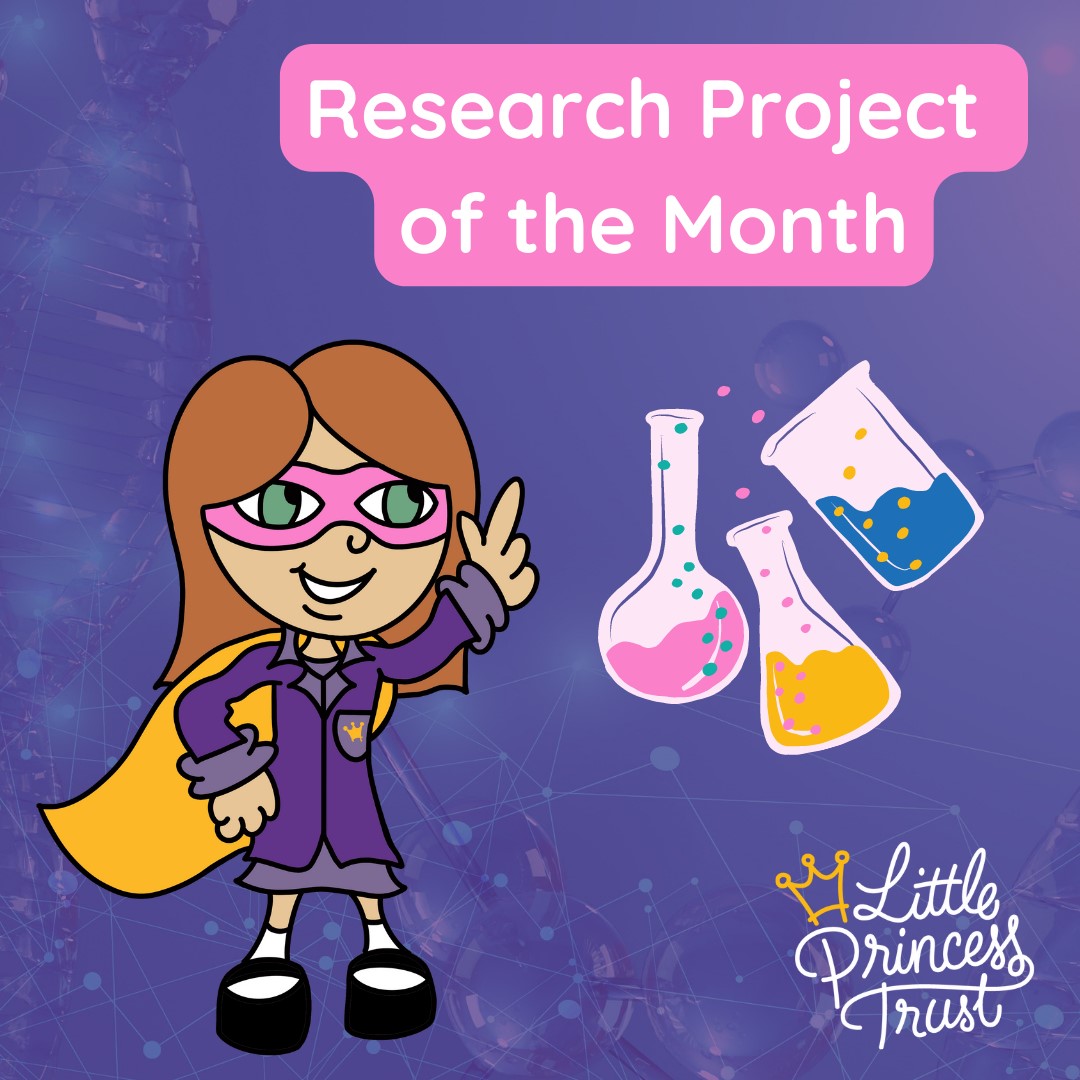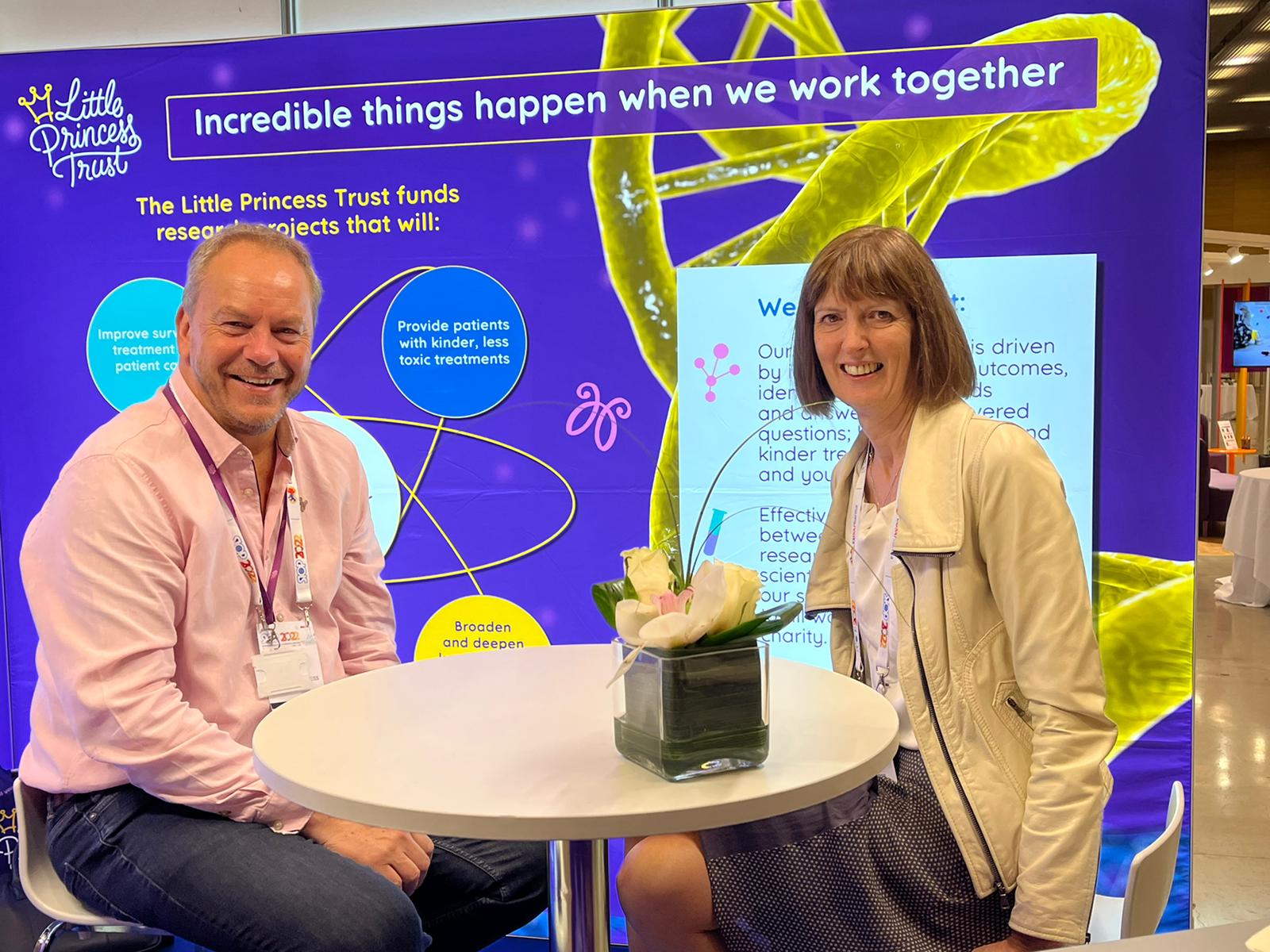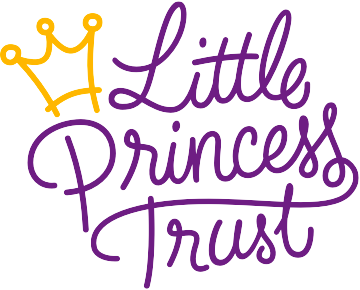Little Princess Trust News
Studying protein to fight lymphoma

Hopes that research could lead to better treatment
Proteins can be found in every single cell in the human body and are essential.
These proteins are tiny – with the biggest human protein measuring only one-thousandth of a millimetre.
Protein transport nutrients into cells, are part of creating the electrical impulses that control your muscles and nerves, protect your body from infections and carry out many other tasks.
Because proteins do most of the work in a cell, cells which do different things need different proteins. For example, red blood cells need special proteins to carry oxygen and some cells in the immune system produce antibody proteins to fight infections.
It’s not surprising then, that cancer cells have different proteins in them too. In lymphoma, a type of childhood blood cancer, there can be high levels of a protein called CaMK1D. This seems to be linked to the cancer being harder to treat.

Professor Pamela Kearns thinks that the protein could be making the lymphoma worse. Funded by The Little Princess Trust, she wants to see whether stopping CaMK1D could be a potential treatment for lymphoma.
With research partners in Manchester, her team have now been able to create CaMK1D-blocking medicines which they hope could improve treatment for children with lymphoma.
However, Pamela thinks the medicine could be more effective if it was combined with other lymphoma treatments.
In the next two years, she plans to test their new medicine on real lymphoma cells in the lab. Her initial tests were promising, showing that a combination of treatments could kill lymphoma cells.
Now, the researchers need to test whether these medicines are safe to use together and to see whether there are any potential side effects.
To do this, Pamela’s team will create models of lymphoma that behave like real lymphoma, as opposed to using single lymphoma cells on their own.
These models could then be used in other research projects for this type of lymphoma, so this project is also furthering the field of lymphoma research.
If the researchers are successful, this project could create a change in how chemotherapy is used to treat lymphoma, and potentially other cancers.
Find out more about this project here.



